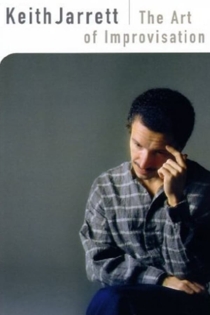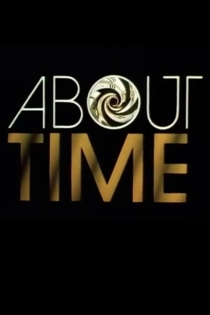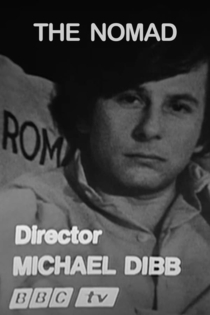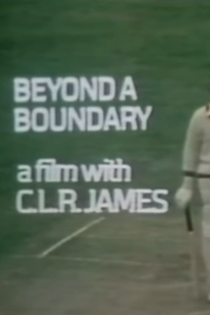
Mike Dibb
2021Personally Speaking: A Long Conversation with Stuart Hall
Mike Dibb
Maya Jaggi, Stuart Hall
In this stimulating and eloquent four-hour interview, conducted by the literary journalist Maya Jaggi and directed by Mike Dibb, Hall reflects on his life and career, talking personally and in depth about the trajectory of his work and how it has intersected with broader political movements. In a conversation both intimate and sweeping in scope, Hall describes his migration from Jamaica to England, his immersion in left-wing politics in London, the influence of Raymond Williams and E.P. Thompson on the evolution of his thought, and the context within which the early classic texts of cultural studies were written. Hall also shares his pessimism about the economic recession and his optimism about Barack Obama's victory. Future analysis of Hall's work, and of cultural studies in general, will need to take account of this fascinating and indispensable first-person account of his life and ideas.
Personally Speaking: A Long Conversation with Stuart Hall
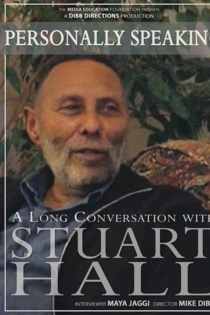
Edward Said: The Last Interview
Mike Dibb
Edward Said, Charles Glass
Prominent Columbia University English and Comparative Literature professor Edward Said was well known in the United States for his tireless efforts to convey the plight of the Palestinian people, and in this film shot less than a year before his death resulting from incurable leukemia, the author of such books as {-Orientalism}, {-Culture and Imperialism}, and {-Power, Politics, and Culture} discusses with filmmakers his illness, his life, his education, and the continuing turmoil in Palestine. Diagnosed with the disease in 1991, Said struggled with his leukemia throughout the 1990s before refraining from interviews due to his increasingly fragile physical state. This interview was the one sole exception to his staunch "no interview" policy, and provides fascinating insight into the mind of the man who became Western society's most prominent spokesman for the Palestinian cause.
Edward Said: The Last Interview
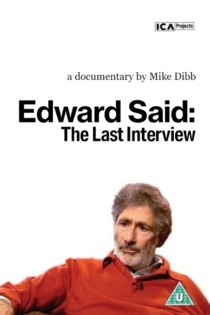
The Miles Davis Story
Mike Dibb
Jimmy Cobb, Shirley Horn
This British documentary shows the complex layers of legendary jazz trumpeter Miles Davis, who was a major innovator in post-bop, cool jazz, hard-bop and fusion. Davis's raw-edged trumpet tones were some of the most evocative sounds ever heard. This profile captues the magnificent and mercurial artist -- one of the most identifiable and misunderstood pop icons of the 20th century -- through rare footage and interviews.
The Miles Davis Story
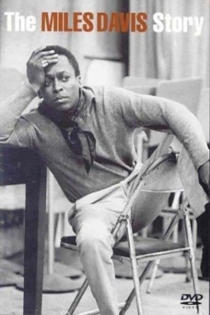
John Berger or The Art of Looking
Cordelia Dvorak
John Berger, Selçuk Demirel
Art, politics and motorcycles - on the occasion of his 90th birthday John Berger or the Art of Looking is an intimate portrait of the writer and art critic whose ground-breaking work on seeing has shaped our understanding of the concept for over five decades. The film explores how paintings become narratives and stories turn into images, and rarely does anybody demonstrate this as poignantly as Berger.
John Berger or The Art of Looking
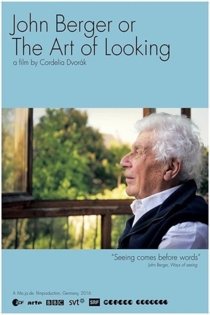
Typically British: A Personal History of British Cinema
Stephen Frears, Mike Dibb
Stephen Frears, Alexander Mackendrick
Stephen Frears and a quartet of film industry notables - representing different cinematic periods - drink tea and discuss ups and downs of British cinema.
Typically British: A Personal History of British Cinema
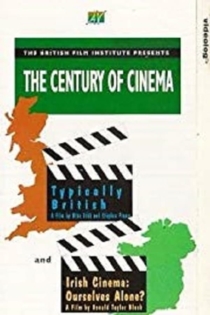
Pig Earth
Mike Dibb
John Berger, Jean Mohr
“Pig Earth” marked John Berger’s first return to television after “Ways of Seeing”. The film, boldly using mostly still photographs, is based on John’s book of the same name, which was both a work of fiction as well as a history of French Peasant experience, as told by John ‘the story teller’, as if in the peasant’s own voices. All of which was given brilliant visual expression in the film through a series of beautifully edited sequences, each constructed from vivid and moving photographs of peasants and their lives, in black and white and colour, by John’s friend and long-time collaborator, the Swiss photographer Jean Mohr.
Pig Earth
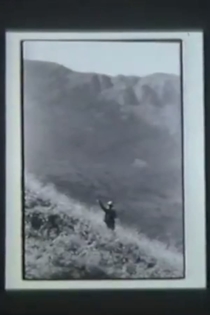
CLR James Talking to Stuart Hall
Mike Dibb
Stuart Hall, C.L.R. James
Cyril Lionel Robert James (1901-1989) was a historian, journalist and contributor to Marxist thought. Stuart Hall was able to interview him for Channel 4 in the UK . The interview discusses his thoughts on revolution, socialism, and politics. His involvement in activism lasted decades. Born in Trinidad, much of his life was spent in the UK. C.R.L James became a teacher and notably taught Eric Williams. Williams went on to lead Trinidad and Tabago to independence. C.L.R. James also wrote fiction and about cricket. During his youth he did play the sport and wrote Beyond a Boundary (1963) describing cricket’s cultural significance. One of his favorite novels was Vanity Fair. This novel followed the lives of Becky Sharp and Amelia Sedley during the Napoleonic Wars. James was a figure in the Pan-African movement and the anti-colonial freedom struggle. What tends to be ignored is his concern about class exploitation.
CLR James Talking to Stuart Hall
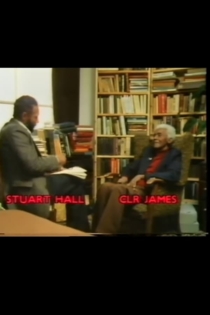
Parting Shots from Animals
Christopher Rawlence, Mike Dibb
John Berger
“Parting Shots from Animals” was inspired by essays by John Berger and developed in collaboration with Chris Rawlence. Shot entirely in the UK, it consists of a diverse series of arresting ‘films within a film’, each presented as if made about us from the perspective of the animals whose lives we may appear to celebrate, but continue to exploit and to destroy. While John Berger doesn’t appear in the film and wasn’t directly involved in it’s making, he narrates to great effect the text he co-wrote to accompany the film’s provocative opening sequence.
Parting Shots from Animals
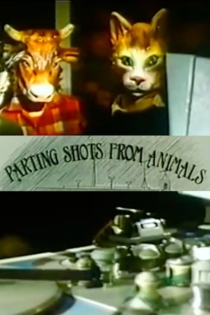
One to One: Jean-Luc Godard Speaks
Mike Dibb
Short film, going behind-the-scenes of shooting for One Plus One (1968) in London, featuring an interview with Godard sitting beside a tree. Many crew members from this shoot were then borrowed by him, playing the press in the film's Eve Democracy sequence. Originally broadcast on the BBC programme 'Release' (30th Nov. '68).
One to One: Jean-Luc Godard Speaks

